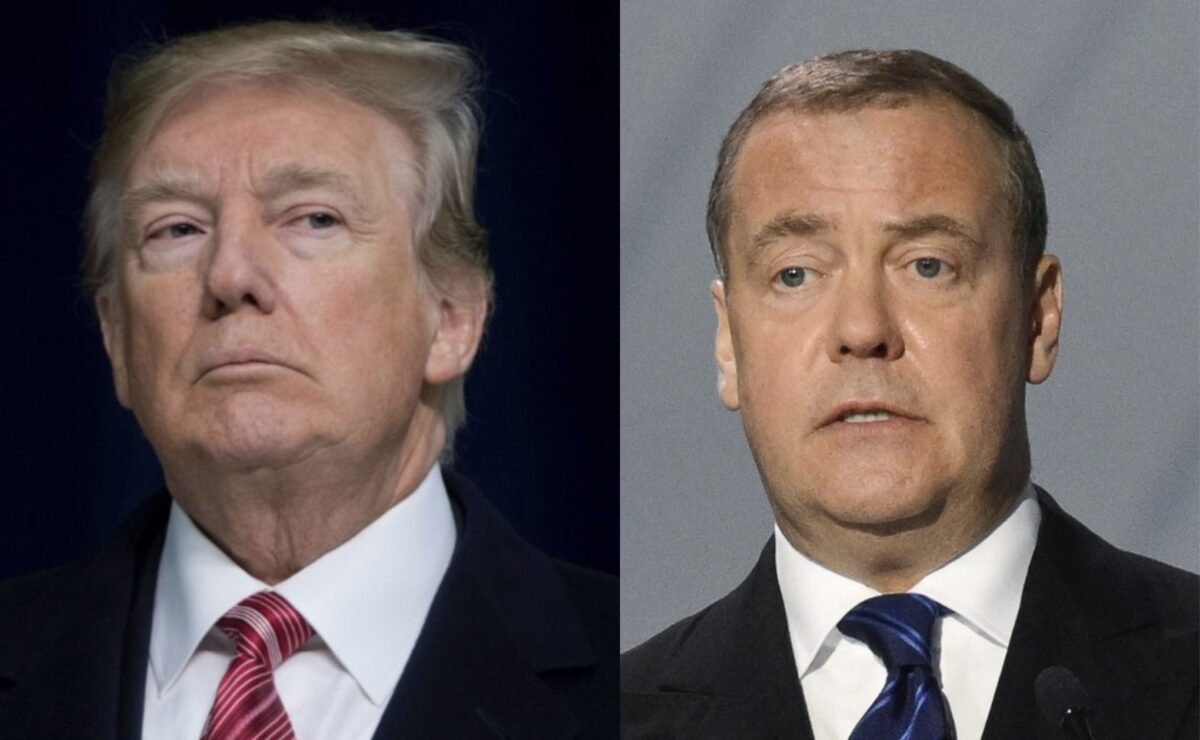The Return of Nuclear Posturing
Tensions between the United States and Russia are rising once again. In a recent announcement, President Trump revealed that two nuclear submarines had been repositioned in response to provocative rhetoric from former Russian president Dmitry Medvedev. Though the exact locations remain classified, such moves have reignited discussions on nuclear deterrence strategy and the balance of power in an increasingly unstable geopolitical climate.
This development underscores a broader trend: the revival of Cold War-era signaling tactics, where nuclear assets are used to project power and reinforce diplomatic ultimatums. It also reflects growing uncertainty about Russia’s willingness to engage diplomatically on matters concerning Ukraine and Western sanctions.
Submarine Maneuvers and Strategic Significance
The decision to move nuclear submarines—a core element of the U.S. nuclear triad—signals a heightened state of alert. These vessels offer stealth, global reach, and second-strike capability, making them essential tools of deterrence.
According to the U.S. Navy, ballistic missile submarines (SSBNs) serve as the “most survivable leg” of America’s nuclear forces. Their strategic positioning often goes unnoticed by the public, but movements like these send strong messages to adversaries—and allies alike.
Meanwhile, Russia maintains its own fleet of nuclear submarines, including the formidable Borei and Yasen classes. Any escalation involving such assets brings substantial global risk, not only due to the immediate threat but also because of potential miscalculations.
A Growing Risk for Global Stability
This exchange between Trump and Medvedev reflects more than just personal rivalry. It points to a broader deterioration of international dialogue and raises alarms about the safety of current crisis communication channels.
Security analysts have warned that if inflammatory rhetoric continues unchecked, the risk of accidental conflict rises. The stakes are high, especially as nuclear arms control treaties like New START are either expiring or facing uncertain renewals.
Moreover, global markets are responding. Following Trump’s announcement, Russian stock indices dropped sharply—demonstrating how political instability can reverberate economically and undermine investor confidence.







